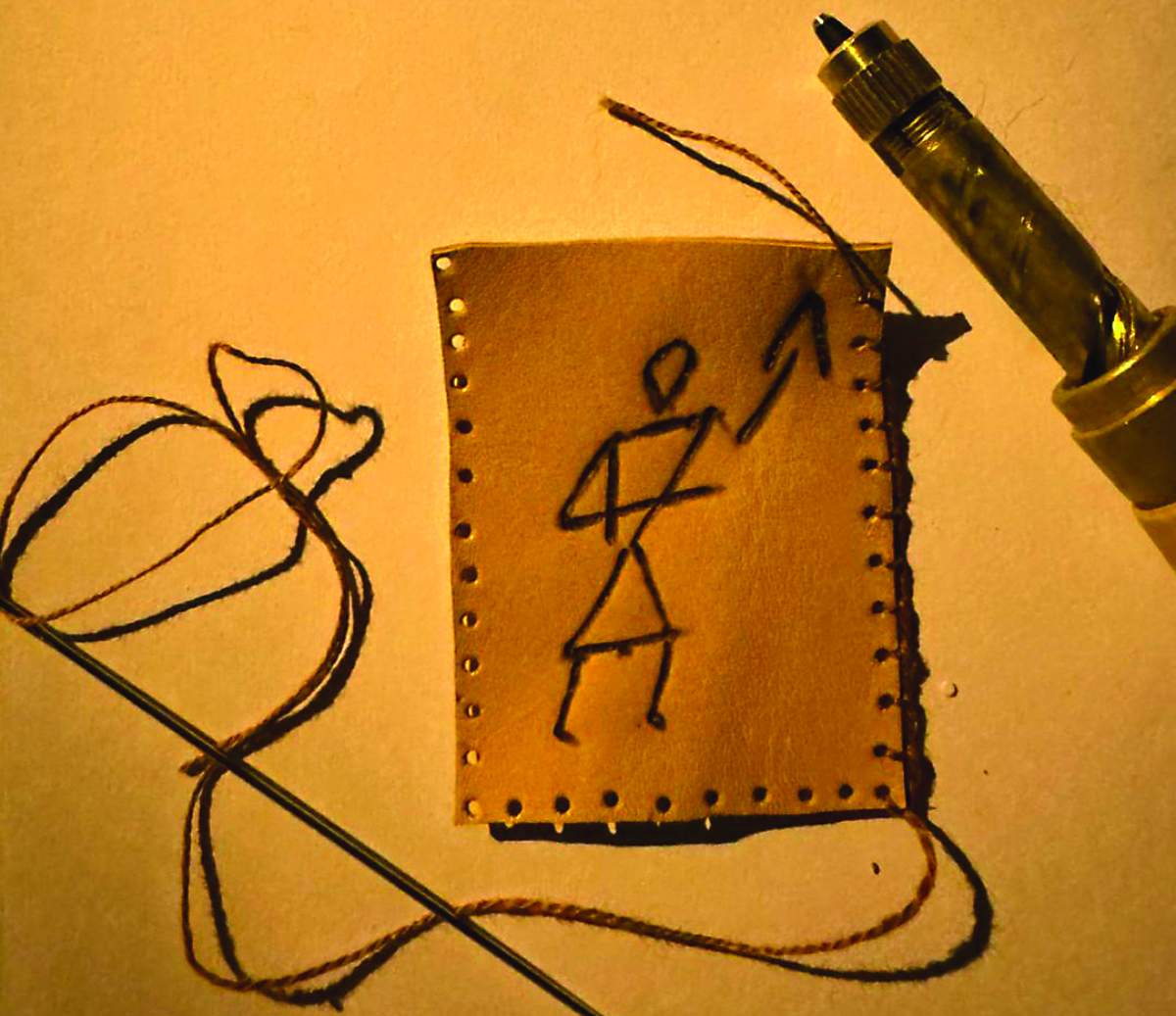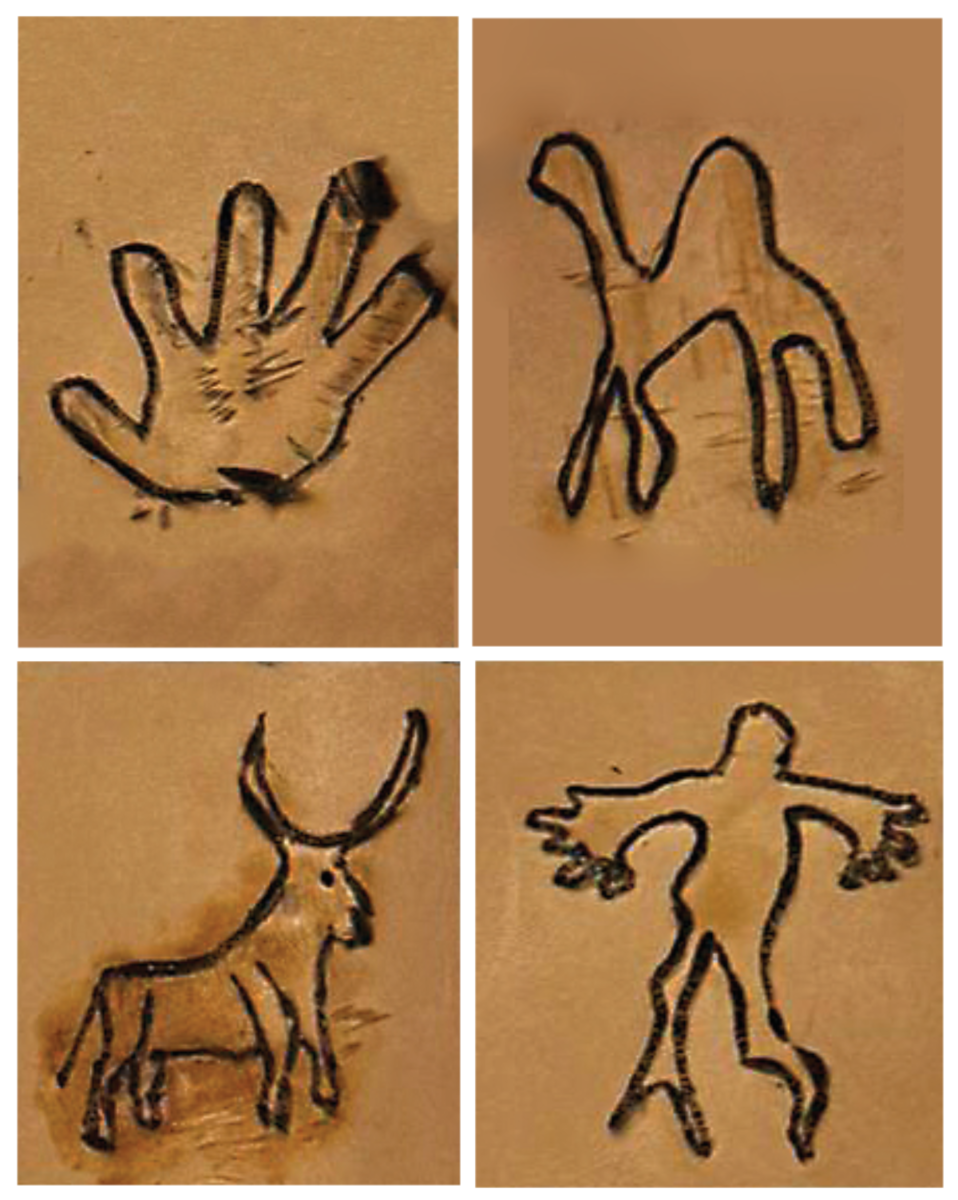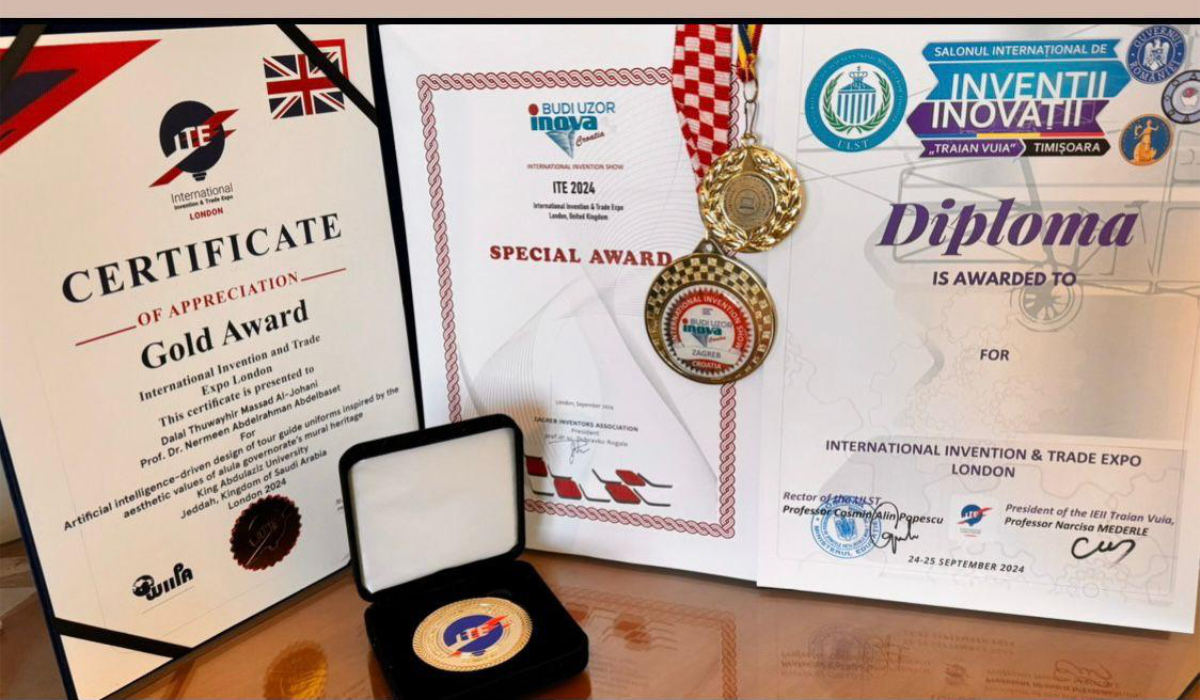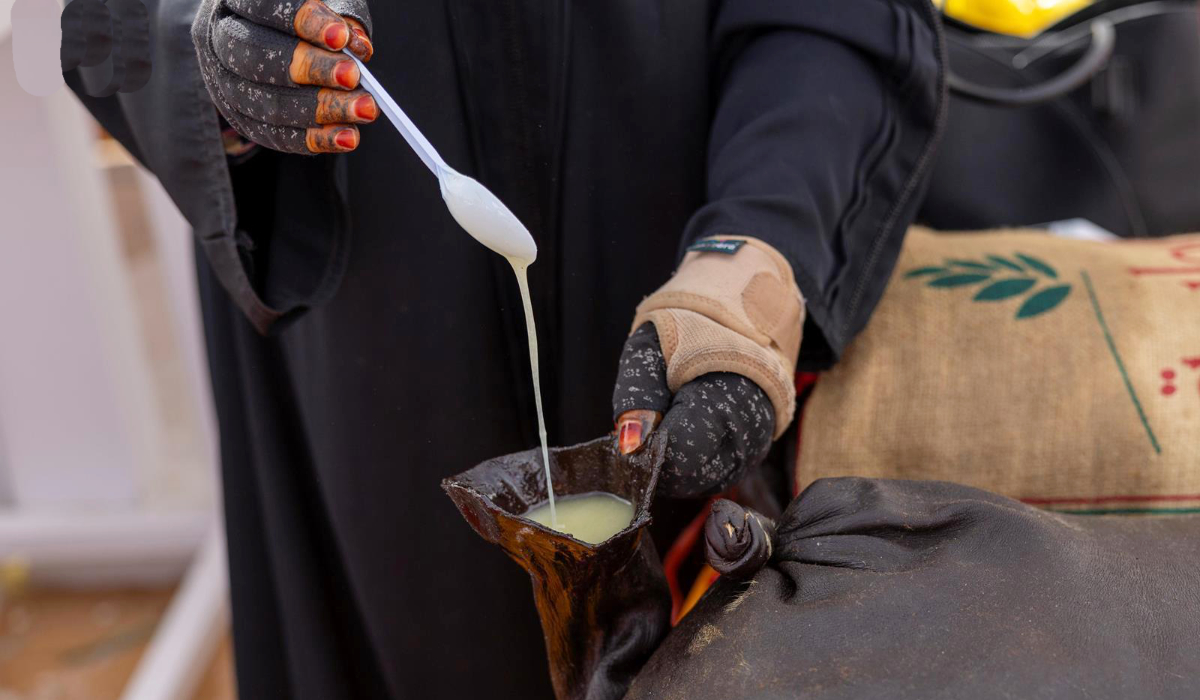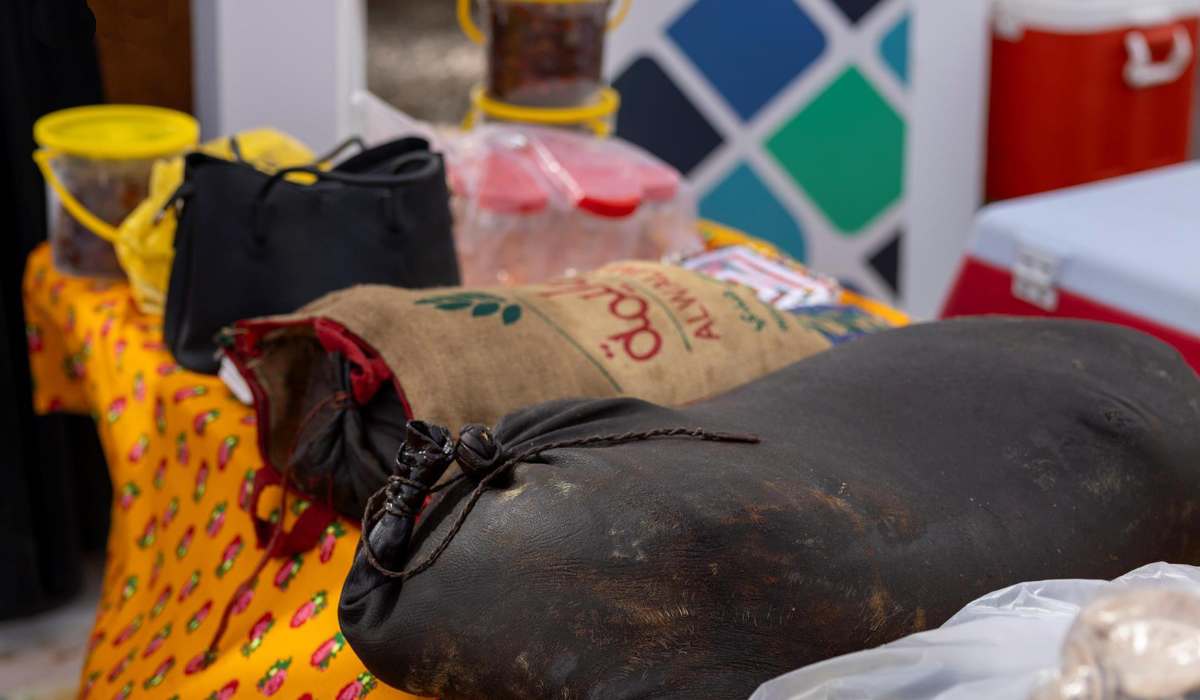JEDDAH: Renowned Egyptian director Khairy Beshara has been an important part of many Saudi lives, especially those who grew up in the 1980s and 1990s, and he could not be happier to see their love and support for him.
As part of its efforts to promote cinema in the Kingdom, the Red Sea Film Festival is screening restorations of the director’s favorite films in theaters across the Kingdom.
Beshara was touched by the gesture: “I’m very grateful to the talented director, Mahmoud Sabbagh, who came up with the idea to restore my films.”
He said that he was surprised by his films being sold out, especially with some screenings starting late into the night.
“Saudi Arabia and my audience here are very dear to me. In all honesty, I’m very grateful to see eight of my films restored and replayed for the public with five of them showing in Jeddah, Riyadh and Dhahran.”
The chosen feature films include “The Collar and the Bracelet,” “Bitter Day, Sweet Day,” “Ice Cream in Gleam,” “Abracadabra America,” and “Traffic Light.”
The famed director last visited the Kingdom 15 years ago, and he remarked upon the astonishing transformation that has taken place since.
“I can’t recognize anything except for the Old Jeddah. It has remained in my memory as I went to film the area for fun,” Beshara said.
His visit included a seminar organized by the film festival titled “Renewing cinema through plots, stories, and performances,” where he talked about his career, its challenges and his aspiration to get Egyptian actress Sherihan to star in one of his works.
“The master class was amazing. I was in a great condition and the mood was good. It was spontaneous and the questions flowed from the audience. There were really interesting questions from the host, Antoine Khalifa, who was intelligent and had a great understanding of my career as a whole, making it one of my most successful events,” said Beshara.
He said that Saudi cinema has made a leap through the new generation of directors who are creating exceptional and brave films on a high artistic level.
“These films are being viewed at international festivals and are gaining recognition, if not awards. The film industry is on the move and it is very promising,” he said.
“We were not used to speaking about real things and struggles based on the social reality in our countries. As a result, due to the social and cultural changes in Saudi Arabia, the films showcased now are brave in addressing things that have never been discussed, which is very positive,” Beshara added.
The director believes that flexible censorship guidelines — but not eliminating censorship altogether — allows for content that criticizes and portrays societal issues.
“It’s a great effort to bring awareness and in turn help societies overcome ongoing struggle and move forward, which is what art is for. Art is there to enlighten and illuminate. As you expand the margins of creativity, you’re bound to see fruitful, astonishing results,” he said.
Beshara visited the Effat University in Jeddah to look over students’ work as part of his Red Sea Film Festival activities. He revealed that he saw some promising works from scripts, postproduction and completed films.
He added that he was strict and honest with works he thought were not up to his standards.
“Perhaps if I’m giving my opinion in this cruel manner, it might benefit the youth who are still finding their way. It isn’t the end of the world when someone tells you that you suck.”
To lessen the blow, Beshara told Effat’s novice filmmakers about some of the worst students he taught at university. Many are now major stars, including Marwan Hamed, Ahmed Alaa Al-Deeb and Hala Lotfy.
“If you fail or have an unsuccessful experience, you learn through them. I find it difficult to give open-ended advice, because each experience is different, but we all watch movies, and it would be foolish if you made a terrible movie and couldn’t tell it was, with live examples all around us in international or local productions.”
The director’s advice is to exercise self-reflection and to ask: “What is my shortcoming? What am I lacking? How can I improve? Where am I going with this story?”
He is working on a new novel and film inspired by an illiterate Chinese man who moved to Egypt in 1937 from a village in Shandong before dying there in 1994.
The man becomes one of the most revered antiquities and artifacts auction owners, while also opening the second Chinese restaurant franchise in Egypt.
“It’s a very touching story for me as I’ve met the man, and his son happens to be a dear friend of mine,” said Beshara, who has completed the scenario for film and is working on finishing the novel to be published next year.
Beshara was born in Tanta in 1947. He attended the Egyptian Higher Institute of Cinema in 1976, and went on a two-year fellowship at the Film Institute in Poland.
In the 1980s, he led the “Neo-Realist” movement in Egyptian films, and introduced folk fantasy films into Arabic cinema.
The Red Sea Film Festival was set to kick off earlier this in March, but was postponed due to the pandemic.
The festival is run by the Red Sea Film Festival Foundation is the first Saudi nonprofit organization with an official mandate to promote film culture and strengthen the industry.















